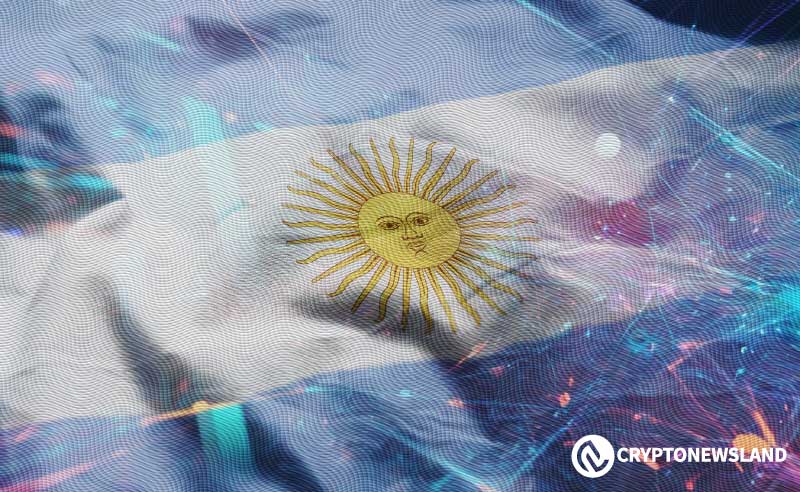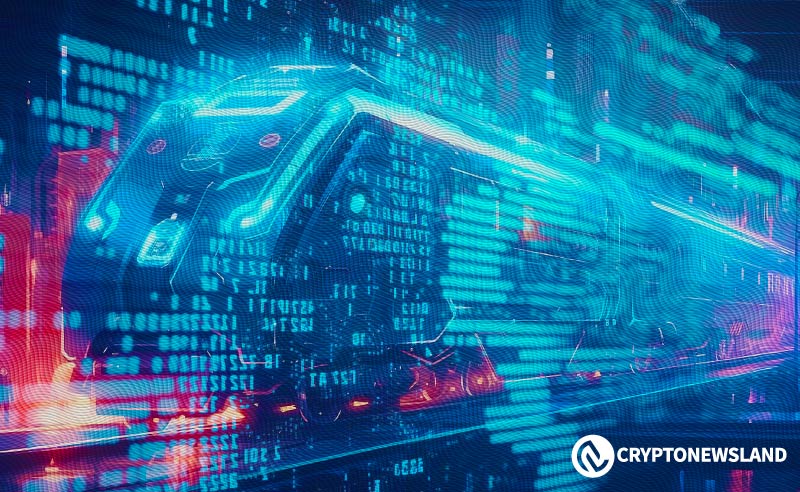- Argentine authorities are intensifying scrutiny on Worldcoin (WDC) token resellers, aiming to regulate and tax these activities to mitigate potential risks.
- High commissions and cash exchanges for Worldcoin (WDC) tokens in Argentina are drawing regulatory attention amid concerns over financial compliance and tax liabilities.
- Regulatory efforts targeting Worldcoin (WDC) resellers in Argentina could set a precedent for other nations grappling with cryptocurrency trading challenges.
Argentine authorities are taking steps to regulate third-party resellers of Worldcoin (WDC) tokens, as scrutiny of the project intensifies within the country. Worldcoin, a cryptocurrency venture aiming to establish a global digital identity system via iris scans, has encountered increased regulatory obstacles worldwide due to concerns over data privacy and collection practices.
Read CRYPTONEWSLAND onThe lack of clear regulations surrounding the resale of WDC tokens has created ambiguity that regulators are now looking to address. The reselling of tokens, primarily in exchange for cash, has become a lucrative activity among Argentinians eager to monetize their holdings.
According to several sources, some of the resellers even take up to half of the value of the tokens users want to exchange for fiat money and tend to work hand in hand with the so-called ‘colors’, who are willing to stand in lines for iris-scanning centers of Worldcoin. Such activities have attracted the attention of regulators being National Securities Commission (CNV) and the Federal Administration of Public Revenues (AFIP).
Now, these transactions per se are not unlawful but under Argentina laws, they would attract levies if they are considered a fraction of an illicit economic activity. Since many numbers of users participate in these types of resale activities, these officials have tried to ascertain if such people have any tax responsibilities to fulfill with such sales.
It is important to note that CNV may swoop in if it has some impression that the resellers were running unauthorized ‘crypto exchanges,’ in which case they will be hit with the local financial regulations. This regulatory scrutiny can be aligned with the deepening concerns shared within Argentina’s robust crypto community with open token trading, especially its effect on the country’s financial system.
The result therefore of these interventions could ultimately determine the fortune of Worldcoin in Argentina and shape the part for other countries dealing with such regulatory concerns. The cryptocurrency community is attentively watching such changes as they occur, as the nature of the earlier-mentioned revelations will probably determine the project’s future world development strategy.
It also sheds the nervousness, that governments across the globe are trying to achieve to support decentralized Blockchain technology but avoid being immature in checking random cryptocurrency issues. The measure of regulating the resellers of Worldcoin in Argentina is an important stage that will dictate the further developments in the organization of digital asset turnover in the given state.
Read also:
disclaimer read moreCrypto News Land (cryptonewsland.com)




